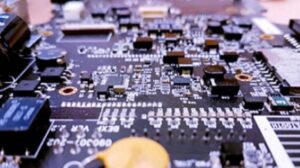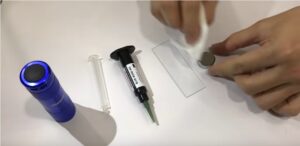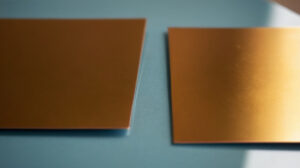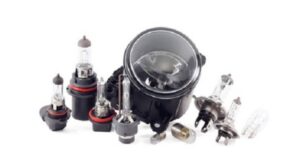Understanding the Basics
UV cure resin and epoxy are both versatile materials used in a wide range of applications, from industrial manufacturing to DIY projects. While they share some similarities, they also have distinct properties that make them suitable for different purposes. Let’s explore the key differences between these two materials.
UV Cure Resin: The Power of Light
UV cure resin is a liquid material that solidifies when exposed to ultraviolet (UV) light. This process, known as photopolymerization, is incredibly fast and efficient. The resin is typically formulated with photo initiators that absorb UV light and trigger a chemical reaction, causing the resin to harden.
Key Advantages of UV Cure Resin:
- Speed: UV curing is significantly faster than traditional curing methods like air-drying or baking, making it ideal for high-production environments.
- Efficiency: UV curing requires less energy compared to thermal curing, making it a more environmentally friendly option.
- Low VOC Emissions: UV cure resins often have lower volatile organic compound (VOC) emissions, contributing to better indoor air quality.
- Versatility: UV cure resins can be formulated with various properties, such as flexibility, hardness, and transparency, to suit different applications.
Common Applications of UV Cure Resin:
- Coatings (wood, metal, plastics)
- Adhesives
- Printing inks
- 3D printing
- Dental materials
Epoxy Resin: The Versatile Workhorse
Epoxy resin is a two-part material that consists of a resin base and a hardener. When mixed together, the resin and hardener undergo a chemical reaction that causes the material to solidify. This process is typically slower than UV curing and often requires heat or ambient curing.
Key Advantages of Epoxy Resin:
- Strength: Epoxy resins are known for their exceptional strength and durability, making them suitable for structural applications.
- Versatility: Epoxy resins can be formulated with a wide range of properties, including flexibility, hardness, and chemical resistance.
- Adhesion: Epoxy resins exhibit excellent adhesion to various surfaces, making them ideal for bonding materials.
- Durability: Epoxy-cured materials are highly resistant to abrasion, chemicals, and weathering.
Common Applications of Epoxy Resin:
- Coatings (floors, countertops)
- Adhesives (structural, marine, automotive)
- Composites (fiberglass, carbon fiber)
- Casting (art, jewelry)
Comparing UV Cure Resin and Epoxy
| Feature | UV Cure Resin | Epoxy Resin |
|---|---|---|
| Curing Method | UV light | Chemical reaction |
| Speed | Very fast | Relatively slow |
| Energy Efficiency | High | Lower |
| VOC Emissions | Low | Higher |
| Strength | Good | Excellent |
| Versatility | High | High |
| Adhesion | Good | Excellent |
| Durability | Good | Excellent |
Choosing the Right Material
The choice between UV cure resin and epoxy depends on the specific requirements of your application. Consider the following factors:
- Curing Speed: If rapid curing is essential, UV cure resin is the better option.
- Energy Efficiency: For environmentally conscious applications, UV cure resin is more suitable.
- VOC Emissions: If low VOC emissions are important, UV cure resin is a better choice.
- Strength and Durability: For applications requiring exceptional strength and durability, epoxy resin is preferred.
- Adhesion: If strong adhesion to various surfaces is needed, epoxy resin is a good choice.
- Versatility: Both UV cure resin and epoxy offer a wide range of formulations to suit different applications.
By carefully evaluating these factors, you can select the most appropriate material for your project.
Unsure if UV Cure Resin or Epoxy is Right for Your Project? Contact Us or Explore the full range of Incure solutions at www.incurelab.com



